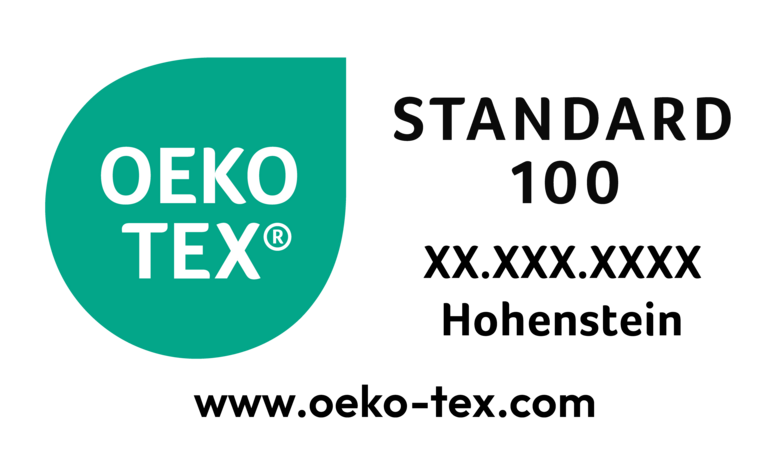Why is it useful to test shoes for harmful substances?
Like textiles, footwear is usually worn for long periods of time and often comes into direct contact with the skin. Furthermore, wearing shoes creates a warm and moist environment inside the footwear. Despite their long life, even shoes made from textile materials are nevertheless rarely if ever washed.
Therefore, it is particularly important that shoes do not contain any harmful substances - especially since they consist of many different components. Each individual component from the various stages of production represents a possible source of input for harmful substances, but at the same time must comply with legal requirements.


Which products do we test and certify for you?
In our independent, accredited laboratories, we test both shoes ready for sale (end products) and individual components for the manufacture of shoes (uppers, midsoles, outsoles, insoles, heel caps, etc.) according to OEKO-TEX® STANDARD 100.
Certification according to STANDARD 100 usually takes place if the shoes or individual components as a whole consist mainly of textile materials. If, on the other hand, the largest part of the sales product is made of leather, the article is certified according to OEKO-TEX® LEATHER STANDARD.
What are the benefits of STANDARD 100 certification for footwear?
For brands, retailers, manufacturers
- Reduced market risk
through compliance with all legal requirements - Credible consumer communication
through an independent, globally recognised and widely used product label - Additional benefits for your products
through the proof of human-ecological safety in laboratory tests - Transparency and reduced certification costs
through the use of already certified source materials and components
For consumers
- Comprehensive and reliable safety
through globally standardised and annually updated test criteria, testing methods close to use, control tests after certificate issue - Credibility and traceability
through validity checks of certified articles

What makes STANDARD 100 certification of footwear unique?
The OEKO-TEX® STANDARD 100 certificate for footwear is only issued if all components comply with the required criteria of the STANDARD 100 RSL (Restricted Substances List) without exception.
A further prerequisite for certification is an on-site audit at the manufacturer of the sales product, i.e. at the supplier of shoe components or the manufacturer of ready-made shoes. In this way, we ensure that the quality assurance in the company is suitable for complying with the required OEKO-TEX® criteria during ongoing production.

Your big plus - the OEKO-TEX® modular system
This principle offers convincing advantages especially to brands and retailers as well as manufacturers of ready-made articles:
- Costs and responsibility for the human ecological safety of the certified end product are distributed across the entire value chain.
- By using STANDARD 100 certified components, you ensure that your products meet the legal requirements in all major consumer markets even before the production of ready-to-sell footwear.
- The OEKO-TEX® Buying Guide provides you with a free online directory of certified source materials and components that you can refer to specifically in your sourcing.
- The STANDARD 100 certificate makes it easier and faster for you to select, verify and communicate with suitable suppliers.
- STANDARD 100 is an optimal instrument for your operational quality assurance without you having to maintain know-how and resources for ensuring human ecological product safety.
- With your footwear collections, you are always up-to-date in terms of product stewardship, as the OEKO-TEX® RSL is updated annually and harmonised with international laws and the harmful substance requirements of industry initiatives.
Downloads
Application Forms & Standard specifications
Supporting documents
- Checklist Material Quantities & Sample Sizes - OEKO-TEX® STANDARD 100 / LEATHER STANDARD / ORGANIC COTTONpdf
- Testing Methods – OEKO-TEX® STANDARD 100 / OEKO-TEX® ORGANIC COTTONpdf
- Limit Values according to Appendices 4 & 5 – OEKO-TEX® STANDARD 100pdf
- Limit Values according to Appendices 6 & 7 – OEKO-TEX® STANDARD 100pdf
- Form Buying Guide – OEKO-TEX® STANDARD 100 / LEATHER STANDARDpdf
- Application for Acceptance of Active Chemical Products – OEKO-TEX® STANDARD 100pdf
- Factsheet – OEKO-TEX® STANDARD 100pdf
- Brochure – OEKO-TEX® STANDARD 100pdf
